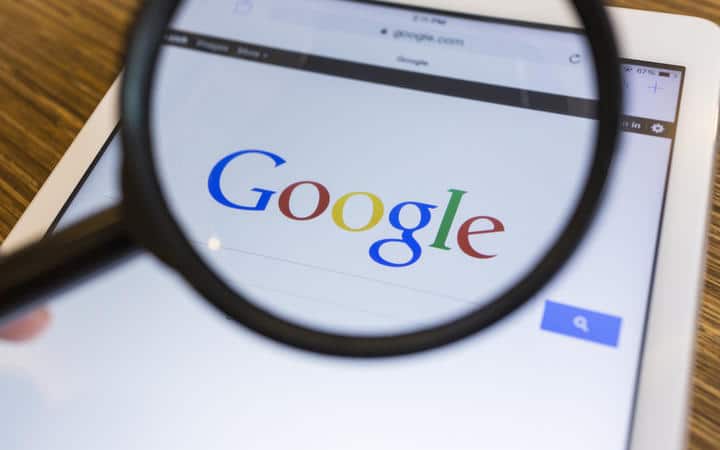Google has warned that it will remove its search engine from Australia as the nation attempts to make the tech giant share royalties with news publishers.
Australia is introducing a world-first law to make Google, Facebook and potentially other tech companies pay media outlets for their news content.
But the tech giants are fighting back, warning that this would make them withdraw some of their services.
Australian PM Scott Morrison said lawmakers would not yield to “threats”.
Though Australia is far from Google’s largest market, the proposed news code is seen as a possible global test case for how governments could seek to regulate big tech firms.
Australia’s code would tie Google and Facebook to mediated negotiations with publishers over the value of news content, if no agreement could be reached first.
Google Australia managing director Mel Silva told a Senate hearing on Friday that the laws were “unworkable”.
“If this version of the code were to become law, it would give us no real choice but to stop making Google Search available in Australia,” she said.
But lawmakers challenged this, accusing Google of “blackmail” and bullying Australia for raising the reform.
“It’s going to go worldwide. Are you going to pull out of every market, are you? Is this about stopping the precedence?” asked Senator Rex Patrick.
Ms Silva replied that the code was “an untenable risk for our Australian operations”.
Mr Morrison said his government remained committed to progressing the laws through parliament this year.
“Let me be clear: Australia makes our rules for things you can do in Australia. That’s done in our parliament,” he told reporters on Friday.
How it began
Google is the dominant search engine in Australia like most countries and has been described by the government as a near-essential utility with little market competition.
The government has argued that because the tech platforms gain customers from people who want to read the news, the tech giants should pay newsrooms a “fair” amount for their journalism.
In addition, it has argued that the financial support is needed for its embattled news industry because a strong media is vital to democracy. https://emp.bbc.com/emp/SMPj/2.36.7/iframe.html Australian print media has seen a 75% decline in advertising revenue since 2005, according to the government.
Google’s threat to remove its entire search product is its most severe yet. News accounts for just 12.5% of Google searches in Australia, according to lawmakers.Last week, Google confirmed it was blocking Australian news sites from its search results for about 1% of local users. It said it was an experiment to test the value of Australian news services.
Facebook last year also threatened to stop Australian users from sharing news stories on the platform if the law went ahead.
The social media giant repeated that position on Friday, with executive Simon Milner telling the Senate hearing it was “a potential worse-case consequence”.
He said Facebook derived almost no commercial benefit from having news content on its platform.
Both firms have argued that news organisations already get the benefit of platforms driving readers to their websites. Google has also cited its Google News partnership as evidence it supports journalism.Google has had a very profitable pandemic so far, whilst many local newspapers have struggled. That doesn’t look good, and Australian politicians aren’t the first, and won’t be the last, to point that out.
How Australians have reacted
There are questions about getting by with other search engines and if the removal of the search engine would also remove Gmail, Google Maps and Google Home services – which the company has not made clear.
Earlier this week, US trade representatives urged Australia to drop the laws which they said attempted regulation “to the clear detriment of two US firms”.
Sir Tim Berners-Lee, the inventor of the world wide web, said Australia’s plan would make the web “unworkable around the world”.
On Thursday, Google agreed to pay French news publishers for snippets of news stories displayed in search results, after the nation’s media argued copyright law claims.

